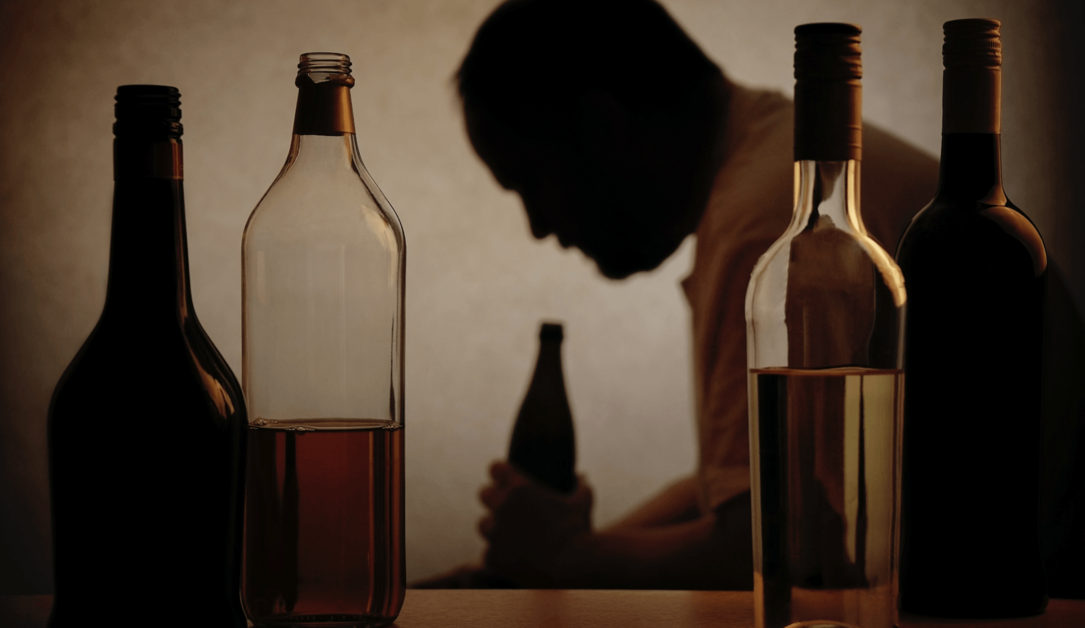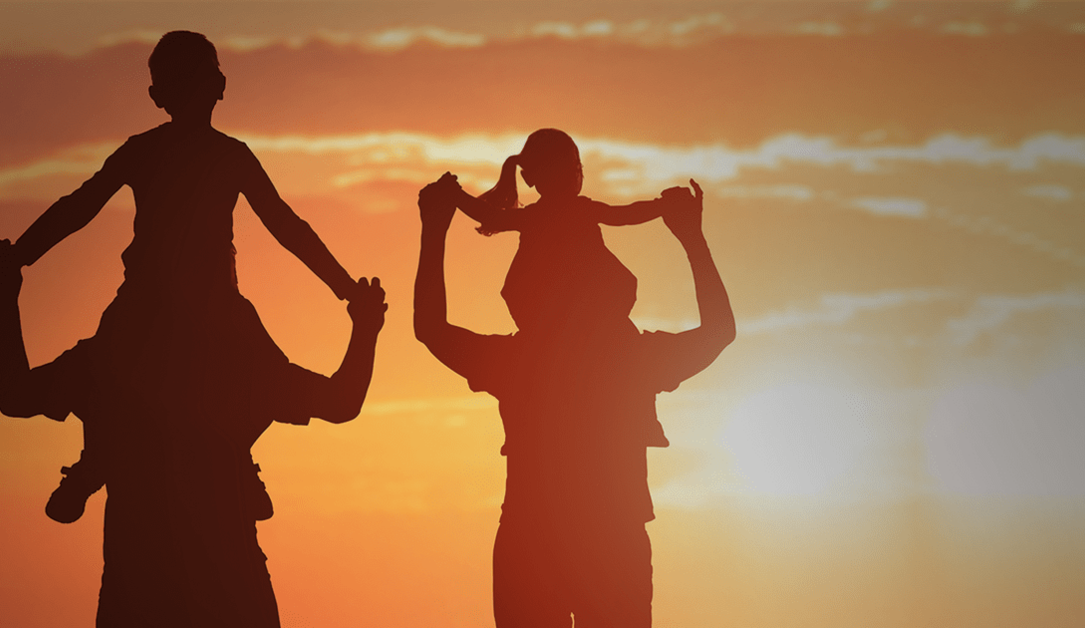What can family members do to help themselves and their addicted loved ones? First, it is virtually impossible to resolve this problem without outside help. In a very real sense, the entire family shares the sickness of the alcoholic. They are affected by rage, depression, disillusionment, despair, financial fear, denial, low self-esteem and myriad other emotions that accompany this illness. They are wounded in spirit and need the loving concern of those who have been there. As Jerry Butler said, "If the alcoholic does manage to recover, he is almost certain to regress unless his family has been treated, too."
But where can that outside assistance be found? Our panel was unanimous in their recommendations of Alanon, a support program for the families of alcoholics. Pauline credits them with saving her family and perhaps her life. She said, "After refusing to attend for a year I went to Alanon in desperation and finally began to get the answers I needed. I'll never forget the first night. They gave no sympathy and no advice. They just shared their experience, their strength and their hope. I latched onto it with everything I had and within a few weeks, things began to change for me. Alanon directed me to God and helped me get my eyes off myself and on Him. They taught me how to deal with Bob."
I asked Bob what changes he began to notice at home and he was emphatic in his reply.
"If you really want to mess up an alcoholic's drinking fun, just get his spouse involved in Alanon. Pauline changed her approach in three ways and it bugged me like crazy: (1) Whereas she previously poured my booze down the drain, she stopped doing that or anything else to keep me from drinking. I really wondered if she loved me anymore. (2) On Mondays, I would ask her to call the office and tell them that I had the flu. She had always done that for me. But after going to Alanon, she would simply smile and say, 'No, you'll have to do that yourself.' (3) She seemed to be calmer, more in control. Before, I would come home from drinking with the guys and look for an excuse to leave again. All I had to do was pick a fight with Pauline and then say, 'All right, if that's the way you're gonna act, I'll just take off.' Now, she gets in this Alanon thing and instead of trying to hold me at home, she smiles and says, 'So long. I'm going to a meeting.'"
Getting help for the family is only the first step in recovery, of course. The second stage is tougher. How on earth can husbands or wives of problem drinkers get them to Alcoholics Anonymous or to a similar treatment program? That person is steeped in denial and his thought processes are blurred by booze. You simply can't expect him to make a rational decision, even to save his life. Begging him to cooperate is equally nonproductive. Are we blocked, therefore? Do we come down to the old, insurmountable barrier that has stood for centuries—the unwillingness of the alcoholic to seek help? No, not according to our panel.
Jerry Butler made it clear that there is a way around the resistance of the drinker. In fact, if you wait until he admits his needs for help, he'll be dead first. Thousands die every year while denying they have a problem. That's why Alanon teaches family members how to confront in love. They learn how to remove the support systems that prop up the disease and permit it to thrive. They are shown how and when to impose ultimatums that force the alcoholic to admit his need for help. And sometimes, they recommend separation until the victim is so miserable that his denial will no longer hold up. In essence, Alanon teaches its own version of the love must be tough philosophy to family members who must implement it.
I asked Bob if he was forced to attend Alcoholics Anonymous—the program that put him on the road to recovery. He said,
"Let me put it this way. No one goes to AA just because they've got nothing better to do that evening. Everyone there has been forced to attend initially. You just don't say, 'On Monday night we watched a football game and on Tuesday we went to the movies. So what do you do on Wednesday? How about going over to an AA meeting?' It doesn't work that way. Yes, I was forced—forced by my own misery. Pauline allowed me to be miserable for my own good. It was loving duress that moved me to attend."
Though it may sound easy to achieve, the loving confrontation that brought Bob to his senses was a delicate maneuver. I must reemphasize that families should not attempt to implement it on their own initiative. Without the training and assistance of professional support groups, that encounter could degenerate into a hateful, vindictive, name-calling battle that would serve only to solidify the drinker's position. My purpose, therefore, has been to introduce my readers to the philosophy of loving toughness as applied to alcoholism, and to direct them to the organizations that will fill in the details.












